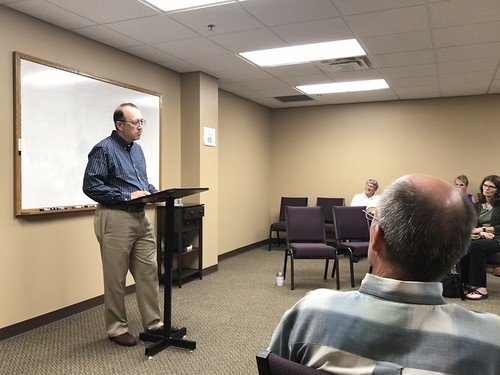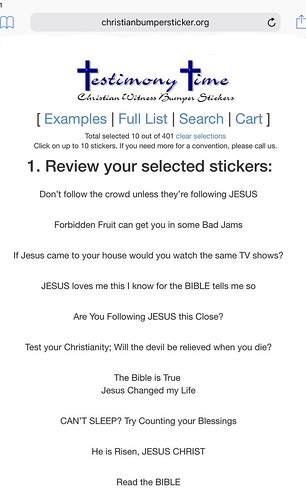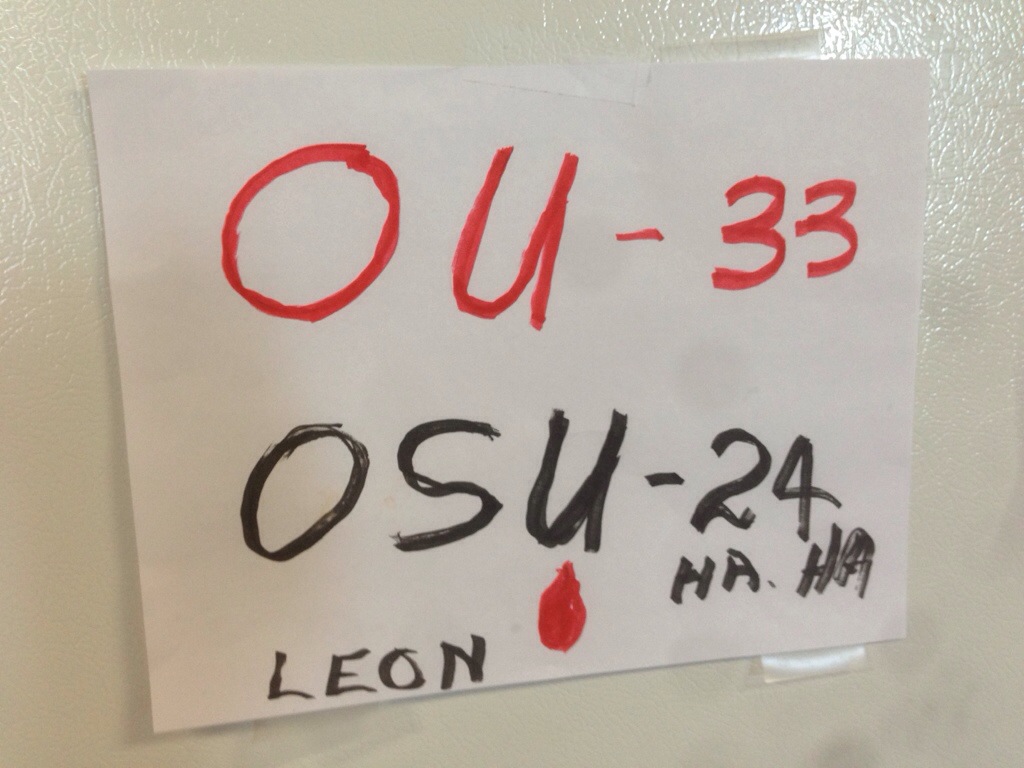Takeaways from Curt Gruel’s Presentation about Christian Faith from a Surgeon’s Perspective
Last Sunday during our “Curiosity and Questions: Jesus and Science” Sunday School class, Curt Gruel was our guest speaker. Curt is a very unique Christ follower. He was an orthopedic surgeon and the doctor in charge of the medical residents at OU Medical Center for years, and then went to seminary to (eventually) lead the “Heartpaths Spiritual Direction” program here in the Oklajoma City area. Curt has been my personal “spiritual director” for the past five or so years (at least since I was teaching STEM in Yukon Public Schools, before coming to Casady School) and is someone I deeply respect. Curt is also an artist, and has about 50 of his prints on virtual display at The Studio Gallery OKC. This Sunday (tomorrow) our class will be recapping Curt’s inspiring and theologically deep presentation from last week, so I thought I’d share the “tweeted takeaways” I shared during his presentation from my Christian Twitter channel (@pocketshare) and also provide a little summary analysis of ideas he shared or referenced in this post.
I created a “Twitter Moment” of the 9 tweets I shared during and immediately after Curt’s Sunday School presentation on my primary / professional Twitter account (@wfryer):
Learning about Faith and Science from Curt GruelHere are some of the important concepts and terms Curt mentioned, which I plan to explore in a bit more detail in tomorrow’s Sunday School class recap:
- Empiricism
- Process Theology
- Biblical Inerrancy
- Johannes Kepler (We should reference both Nicolaus Copernicus and Galileo Galilei)
- The Practice of the Presence of God by Brother Lawrence
To help us better understand the context and history of both theological and scientific thinkers as well as their ideas, I’ve started a timeline using the Knight Lab’s Timeline tool. I’ve titled it, “Faith and Science.” It is embedded below. I’ve started with five dates, the resurrection of Jesus Christ (33 AD), the fall of Jeruselem (70 AD), and the years of death for the three scientists mentioned above: Copernicus (1543), Kepler (1630), and Galileo (1642).






